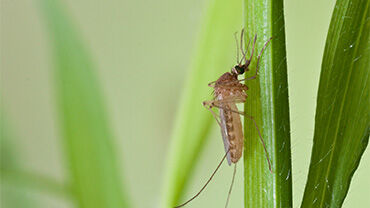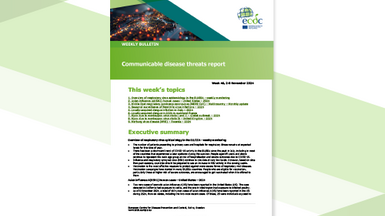ECDC report identifies key risk factors for carrying parasite that causes Chagas disease in non-endemic countries
The European Centre for Disease Prevention and Control (ECDC) has released a new report addressing the risk factors associated with higher odds of carrying the parasite responsible for Chagas disease, in non-endemic regions such as Europe.
Typically associated with Latin America, Chagas disease is now a growing concern in Europe due to congenital transmission and transmission via substances of human origin. The report, A comprehensive systematic review for identifying the risk factors for carrying a Trypanosoma cruzi infection in non-endemic countries, identifies several key risk factors and is particularly relevant to the European context. Individuals born in Latin American countries, especially Bolivia, face a higher risk of carrying T. cruzi.
In addition to geographical origins, the report highlights other important risk factors, such as a history of living in rural or poor housing conditions in endemic regions, having received blood transfusions or organ transplants in these areas, maternal origin from an endemic country, and having a family history of Chagas disease. Notably, substances of human origin (SoHO) from individuals unknowingly infected with T. cruzi pose a risk to SoHO safety.
ECDC emphasises that understanding these risk factors is crucial for identifying individuals who may be carrying the parasite. This knowledge is vital for timely detection and treatment, which can prevent further transmission of T. cruzi, particularly through SoHO.
Read the report
Evidence assessment
A comprehensive systematic review for identifying the risk factors for carrying a Trypanosoma cruzi infection in non-endemic countries
This systematic review aims to provide the evidence regarding the demographic, environmental, and epidemiological or other characteristics associated with carrying T. cruzi infection in at-risk individuals residing in areas non-endemic for CD.







